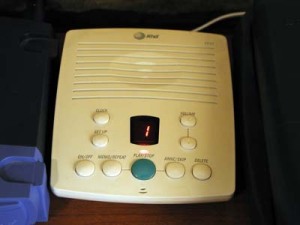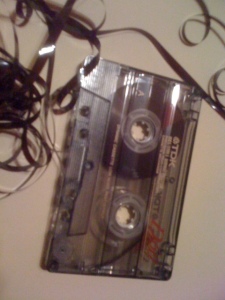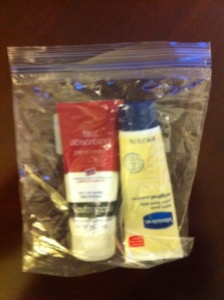Remember when drinking was a novelty?
I do.
For every person who has decided to let alcohol be a part of their lives, there was that magical time when drinking was a new experience. Maybe it was when they chugged a beer in twenty seconds at a New Year’s Eve party and basked in the accolades until upstaged by a Naval recruit who did it in eight. Maybe it was when they pilfered wine coolers at a family event and drank them behind a tree while their parents had the police looking for them. Maybe it was when they went out on their 21st birthday and drank so much they had to do their senior year of college from the couch. No matter what the specific details were, those early bouts with drink are usually swathed in a combination of wonder, adventure, and projectile vomiting.
As the years pass and the empty cans and bottles form a larger and larger share of the recycling bin, the novelty of drinking wears off. It goes from being something to celebrate special occasions to something to cope with the stress of putting the dishes away. But once in a while we are reminded of what those early days were like. I was so reminded this past weekend while riding the Long Island Rail Road.
The Long Island Rail Road is a commuter train that during the week shuttles people between their jobs in New York and their homes on Long Island, and during the weekend shuttles their young adult children between the bars in New York and their parents’ homes on Long Island. It runs fairly regularly during waking hours, but its late-night schedule can be stroke-inducing. For the line that I take when I’m visiting the Big Apple, there is a gap between 1:16 a.m. and 2:53 a.m. And if you do not make that 1:16, you are in for a very, very long night.
I failed to make the 1:16 this past weekend. The 2:53 train is occupied almost entirely by people who are college-aged or just beyond it, dressed to the nines and doing figure-eights in the narrow aisle. Among a single-file of four people walking by, the third person is not so much walking as being shuffled along like a scene from Weekend at Bernie’s. People are shouting to each other about how “wasted” they are and are discussing economic policy without supporting data. Young women show little compunction about walking barefoot while still inside the borough of Manhattan.
Early on in our trek east someone warns of a low wave of water flowing along the floor and I pick up my feet just in time. Evidently something in the rest room had overflowed. The waves keep coming during the ride. When the train stops at a station, the water flows east. When the train leaves a station, the water flows west. It is like the tide coming in and going out. I’m about to take out my fishing pole. But the fish do not look appetizing.
I am getting a good workout from keeping my feet elevated. The next exercise gadget should be a device that sends commuter train toilet water rushing under your feet for an hour. Not even squats yield that kind of burn. I start to wonder what could make this ride any worse. And then I get my answer.
Two stops before my destination, we hear on the intercom that “a passenger needs medical assistance” and that our train is “being held until emergency personnel can arrive.” I wonder what the EMS code is for “screaming they are going to die when they are really just drunk.” It takes half an hour for the emergency personnel to arrive, and during that half an hour I hear “FML” – in both short and long form – being said into cell phones and across the aisle.
It is well past 4 a.m. when I disembark at my stop, and I know that even brunch is out of the question. As I swing from the luggage racks like monkey bars to avoid the river of dreams, I take one last look around me. I see the red eyes, the bloated food-smeared faces, the stained jackets, the chia pets, the bare feet…and I marvel at the modern world’s only rite of passage.
Thanks to the merry passengers of car no. 7163 for the topic.







